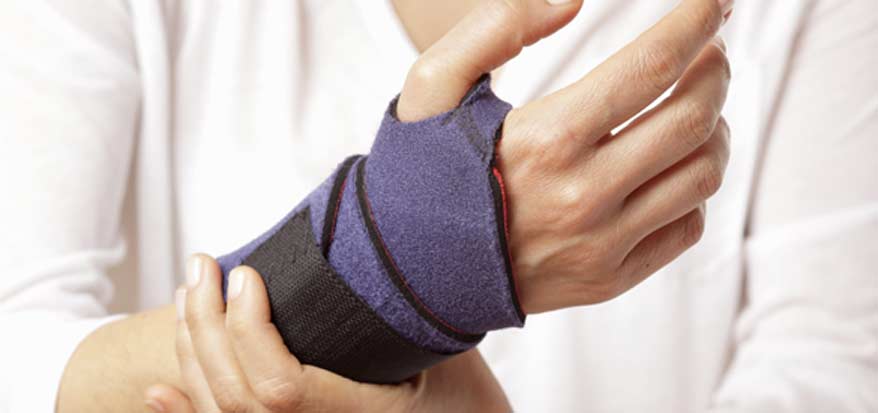

Your wrists are integral when it comes to getting dressed, eating, caring for loved ones, writing, and earning a living.
When other treatment methods fail, wrist surgery performed by our surgical experts may be necessary. With minimally invasive treatment methods, you can often benefit from:
- Quicker recovery
- Minimal scarring
- Minimal disruption to nearby tissues
The movements made by your wrists–and hands–rely on coordination between:
- Small muscles that allow for fine movement
- The flexor group, which controls bending of the wrist
- Extensors on the back and outside of the forearm, which allow the hand to open
With so many tendons, tissues, muscles, and bones in the surrounding area, surgical techniques need to handled with utmost care.

After Wrist Surgery
It’s important to follow your doctor’s instructions after surgery to make sure that you recover smoothly. With the help of an occupational therapist, you’ll be able to learn exercises that will help you to restore your range of motion, strength, and flexibility.
While full healing will take time, you’ll likely see faster results by keeping up with these exercises and your routine check-ups.
Providing relief from:

Tendon Injuries

Dupuytren’s Tendinitis

Carpal/Cubital Tunnel Syndrome

Osteoarthritis

Ligament Tears


